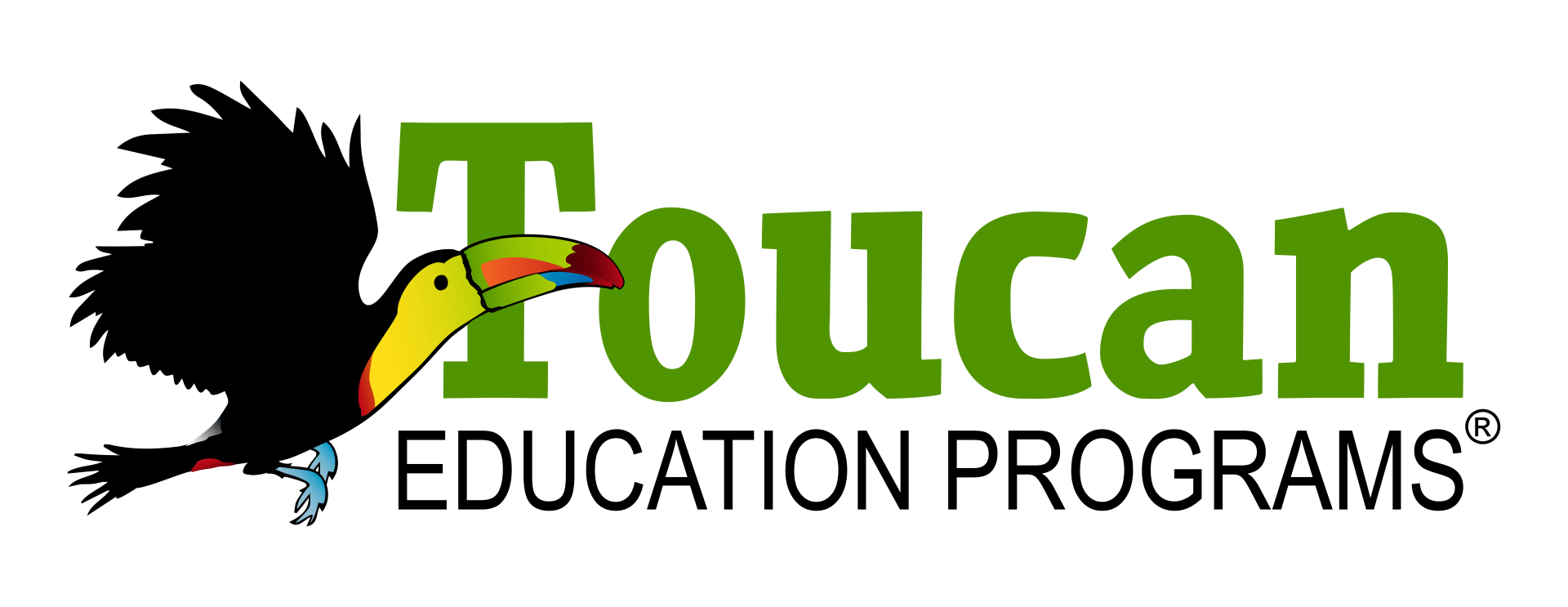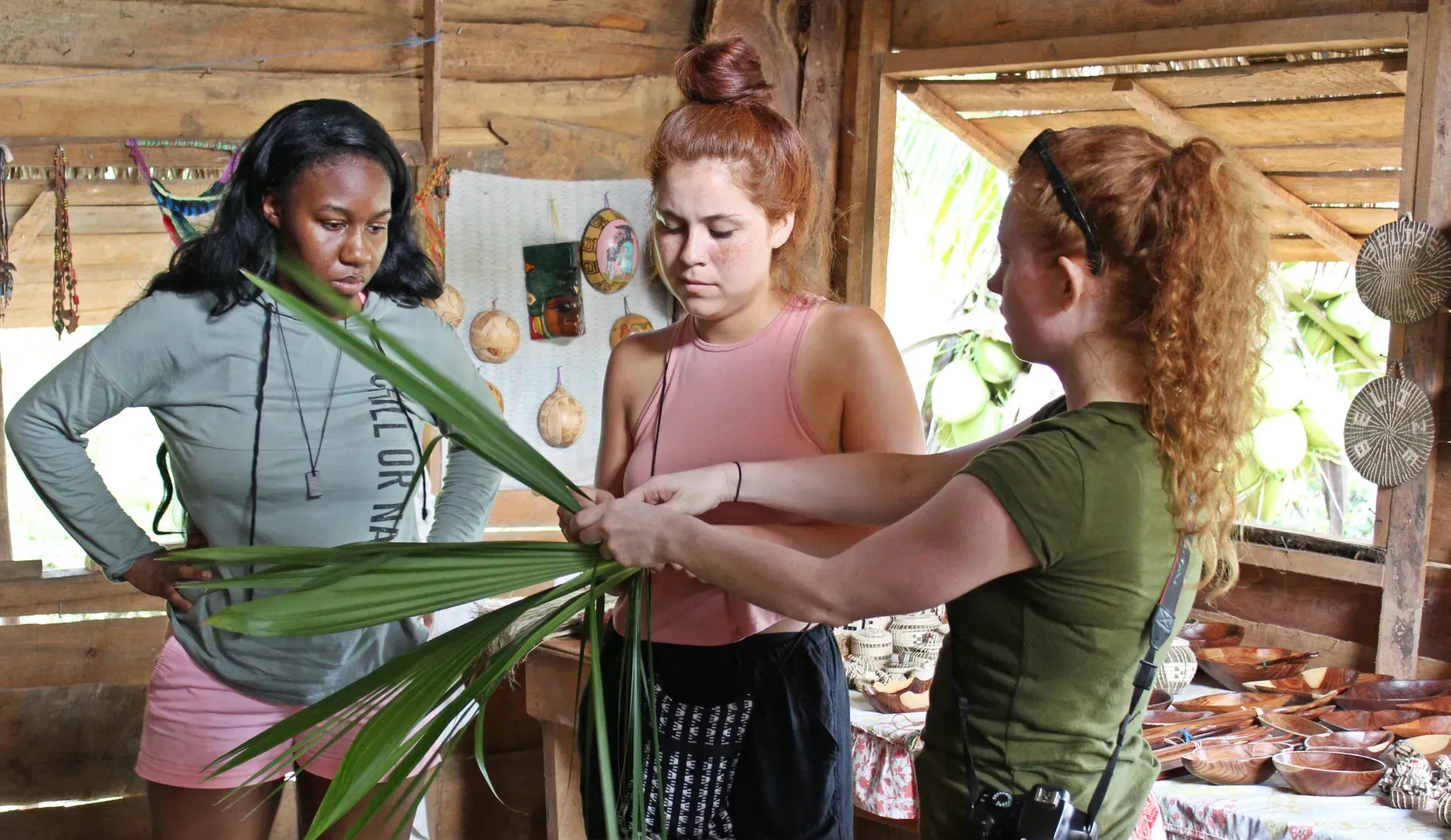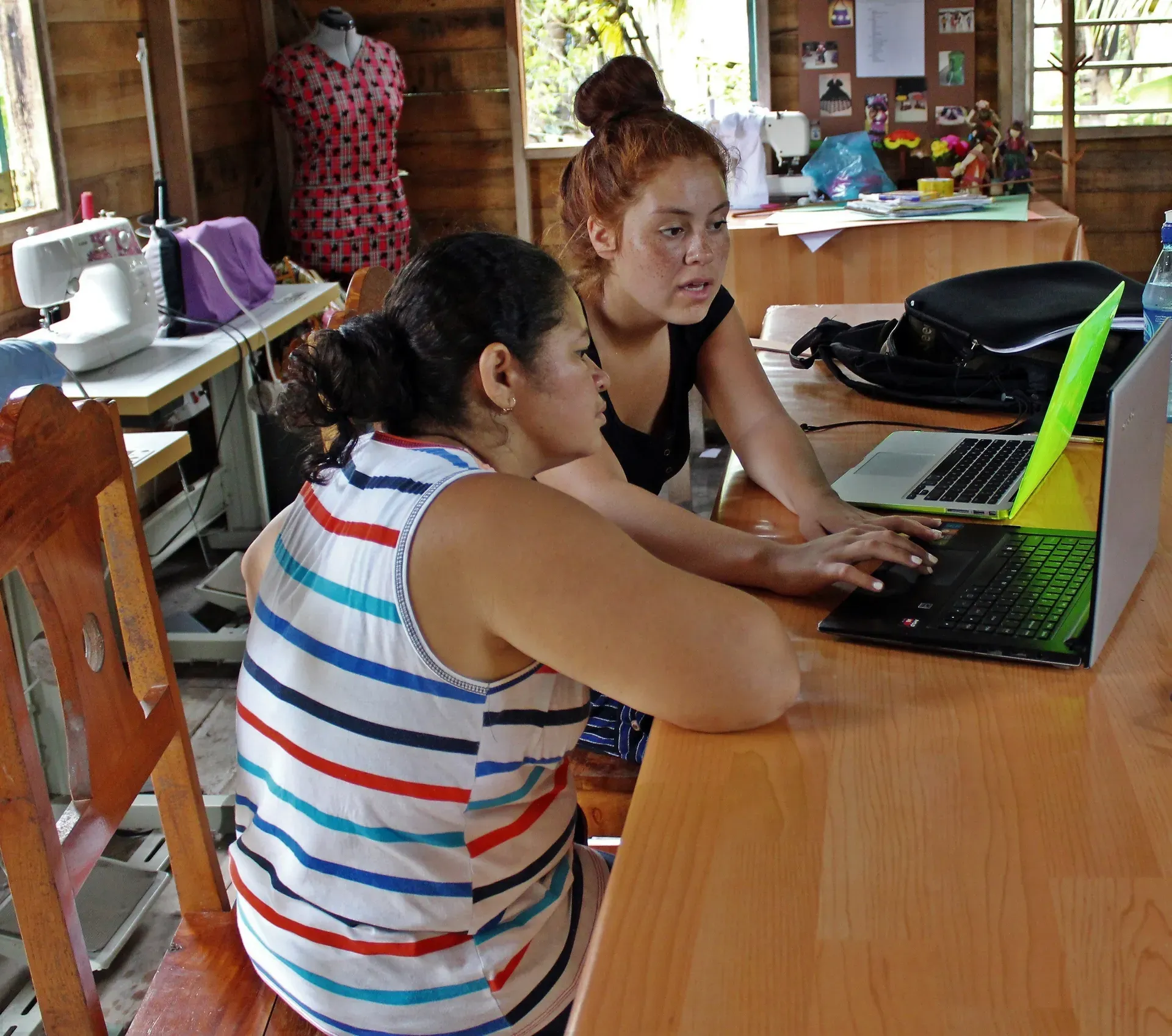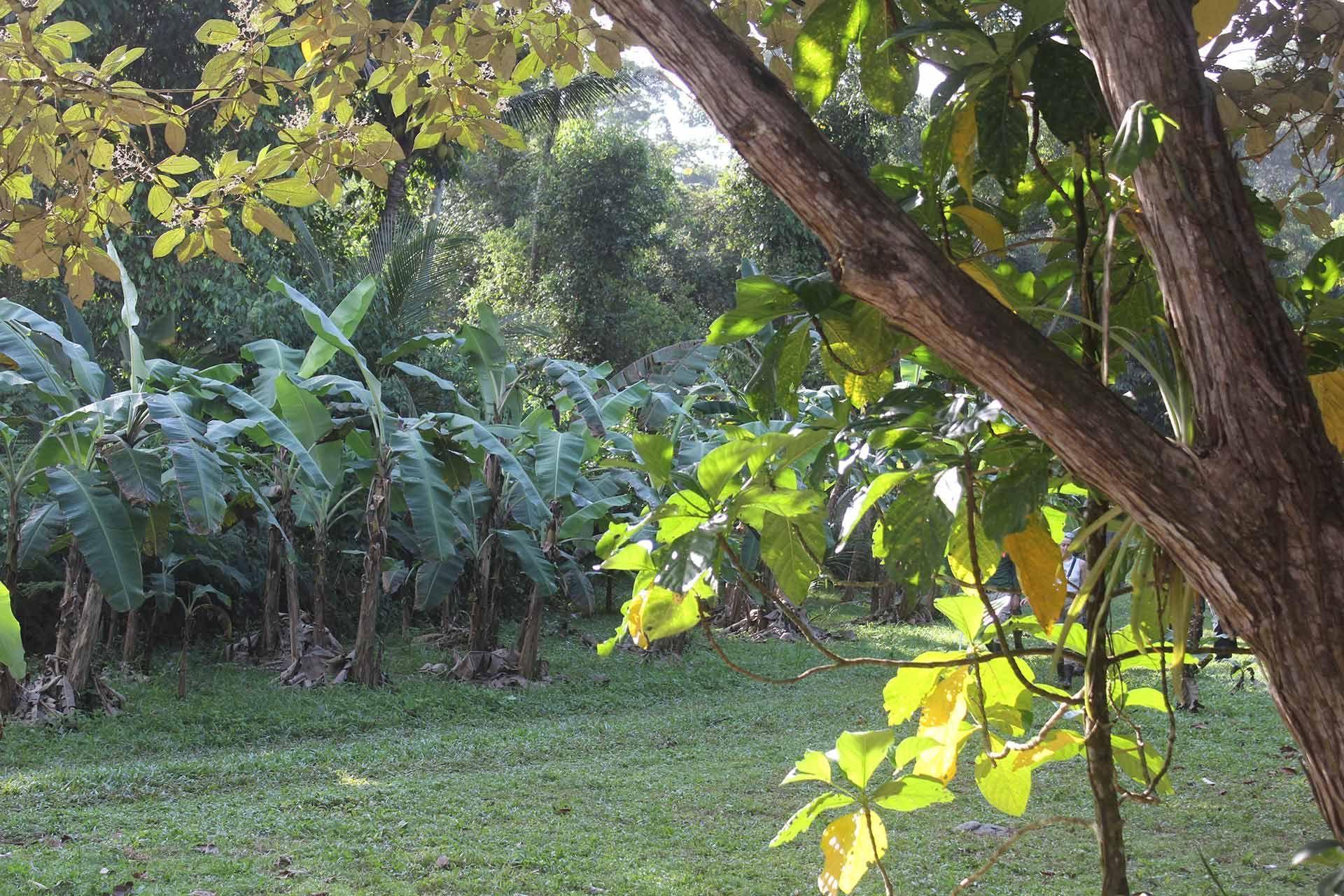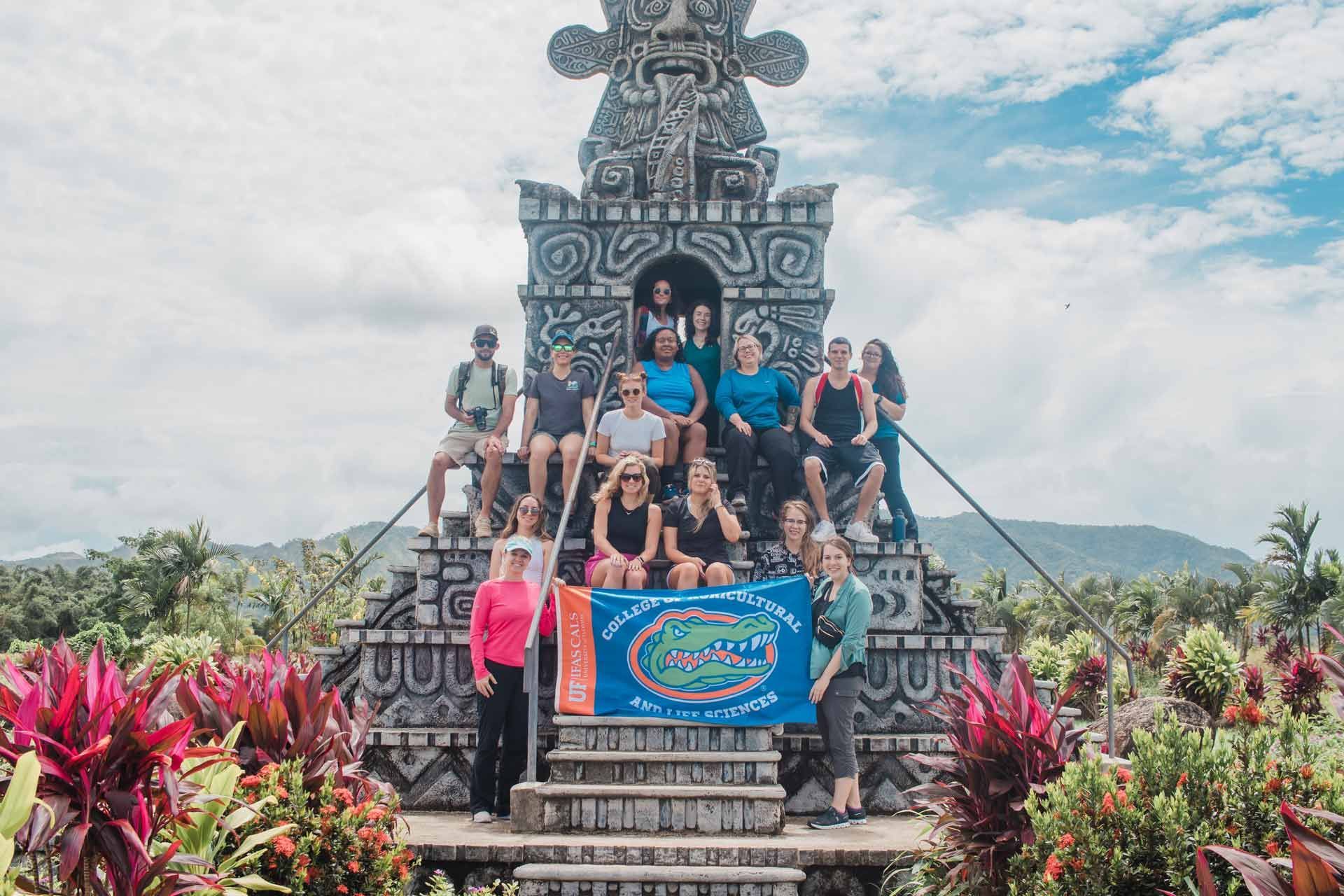Study Abroad 2025? Apply Now! Scholarship Raffle Info. Click Here!
Promote Intercultural Learning through Service-Learning
Sandi M. Smith, Ed.D., Vice President for Strategic Partnerships, Toucan Education Programs
What is “Service-Learning”?
Service-learning is a form of experiential learning which facilitates a high impact approach to learning. Service-learning immerses a learner in an intentional project-based experience and requires critical thinking skills, integration of knowledge, a theoretical application of knowledge to practical situations, higher order skills of analysis and synthesis, and intentional reflection on and processing of the learning experience.
Service-Learning facilitates an opportunity for students to:
- apply academic studies in practical context
- learn about community issues and challenges
- evaluate personal values, beliefs, and skills
- practice the value of civic engagement, that contributes to global citizenship
Beyond the intentional student learning experience, service-learning embraces a commitment to reciprocity with community partners. There must be an intentional and active collaboration with community partners to address community identified needs. The core value of service-learning is the relationship of civic engagement and learning in (and from) community projects.
The value of reciprocity ensures that the learner (and the educational organization) are not just “taking” a learning experience at the cost of community organization time and resources. There will be a collaborative approach to identifying community needs, community partners with a commitment to providing a learning opportunity for students, and ability to contribute to the teaching and assessment of student immersion in the community.
Students engaged in a Maya weaving cultural experience.
How Does Service-Learning Promote Intentional Learning?
We know the value of experiential-based learning. It is often said that experiential learning contributes to:
- applying knowledge through testing academic learning
- synthesizing knowledge by bringing together past and present learning to add coherence to students' studies
- practicing critical thinking and analysis by learning to distinguish what is and what is not important in a real world context
- exposure to cultural and socio-economic diversity by learning with, from, and about people different from themselves
- exploring real world issues and challenges
The added value of Service-learning is the intentional curriculum that weaves a tapestry of experiential learning and facilitated curriculum. Service-learning curriculum is topic-based (for example: public administration, social justice, community development, community health, sustainability), yet intentionally supports the learning process of the community experience.
Student engaged in a community development experiential learning experience.
Often, we find that faculty do not naturally feel comfortable with the specific pedagogy of facilitating, supporting, and assessing experiential learning. Thus, Service-learning curriculum targets the support that participants need to make sense of the experiential learning.
Why is Service-Learning Impactful?
Promoting an intentional approach to learning necessitates:
- establishing learning objectives,
- identifying meaningful learning experiences that will impact the learning objectives,
- making sense of how the experience contributes to learning, and
- both formative and summative assessment of learning.
Unlike volunteerism, that stems from a place of philanthropy, priviledge, and power; Service-learning necessitates a collaborative relationship. Expecting a learning experience and value-added to the community, Service-learning establishes and articulates intentional benefits to the participant and the community.
Service-Learning Reciprocity
Participant
- Utilize previous skills and academic studies
- Learn from community partners and curriculum
- Contribute to community needs
Community Partner
- Utilize student resources and learn from academic expertise
- Teach participants local context, values, and skills
- Increase value to community
What is “Intercultural Learning”?
Intercultural learning is discussed through a myriad of terminology. You may hear people talking about intercultural competence, multicultural sensitivity, cross-cultural awareness, and any number of combinations of these terms. The fundamental thread of commonality is a multi-disciplinary range of cognitive, affective and behavioral intentionality that results in effective communication and interactions between individuals of different cultures.
Intercultural learning is comprised of the never-ending process of:
- Understanding characteristics of culture
- Identifying one’s own culture and subcultures
- Exploring characteristics of “other” cultural norms and values
- Valuing diversity
- Practicing strategies to communicate effectively with others
To some people, it seems that intercultural learning would be automatic and inherent in community service, and with international travel. However, research shows that without an INTENTIONAL focus on intercultural learning, the concepts and skills are NOT automatic.
Service-Learning and Intercultural Learning
I feel proud to be a part of the development of a Service-learning program that focuses on intercultural learning. The curriculum we have developed to accompany the community experiential learning projects intentionally explore reciprocal intercultural development.
Participants and community partners will:
- learn about intercultural development research, theory, and practice,
- explore intercultural identity and values,
- practice intercultural interaction skills, and
- identify relevance of practical experience with intercultural interactions and personal and professional development.
I am excited to learn from formative and summative assessment of this program, and I invite others to participate in understanding the value of intentional intercultural development through Service-learning.
Recent Post
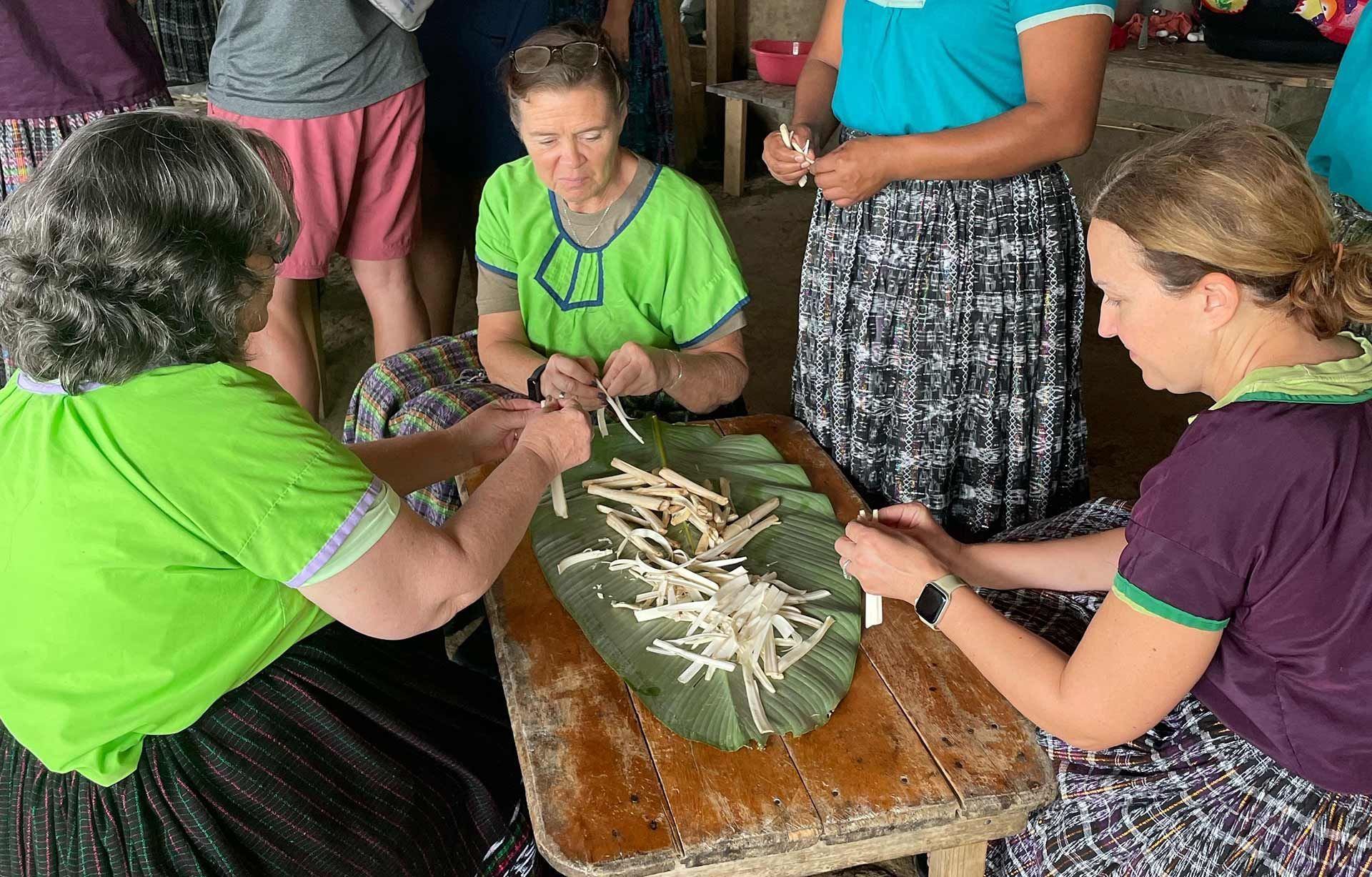
START YOUR EDUCATION ABROAD JOURNEY NOW!
START YOUR EDUCATION ABROAD JOURNEY NOW!
P.O. Box 178, San Ignacio Cayo District, Belize, Central America
Phone: 302 492-2329/954 620-9343
Helpful Links
Our Programs
All Rights Reserved | Toucan Education Programs Inc. | Privacy Policy
